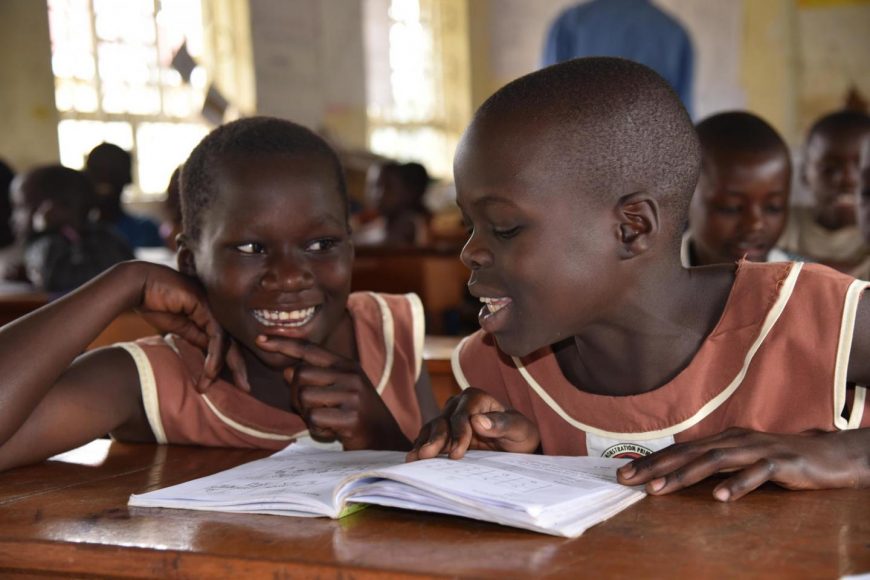One of the major influences affecting orphans and vulnerable children is their access to the child grant.
However, every child is entitled to a child grant; many orphans and vulnerable children don’t have the
correct paperwork to access it. Keeping the orphans and vulnerable children in education
is also a key role of childcare advocates.
Orphans and vulnerable children are more likely to live in temporary households, moving from place to place and disrupting their schooling. They often need additional support to cope with the emotional demands of having lost their parents. Orphans and vulnerable children are less likely to attend a school or miss it so childcare advocates need to maintain consistency within their schooling and educational needs.
Teaching orphans and vulnerable children.
Most of the teachers in schools do not have a well-established scheme to identify and provide
academic and financial support to orphaned students in their respective classes. This has been seen
from the students’ performances which are still poor. Most of the orphaned students and teachers
agree on the existence of challenges facing orphaned students on academic performance.
Most of the teachers need to establish a plan of action to enhance good academic performance to
orphaned students. Heads of schools should establish a strategy to support the orphaned students financially or make a close connection with educational stakeholders and Non-Governmental Organizations’ to support the
orphaned students.
Advantages to orphans and vulnerable children.
This might lead to a positive result in the secondary schools and the results will include good academic performance, freedom to learn, and speculative more academic issues. It can make orphaned students behave well in the class and outside the school environment. They will also become active towards learning. There are also very few efforts made by educational stakeholders and the government to eradicate the challenges facing orphaned students and to foster the academic performance of orphaned students in secondary schools. This is proved by the interviews made with
the Heads of schools concerning support of the educational stakeholders and the government to
orphaned students in secondary schools.
Recommendations.
In line with what is stated above, the following recommendations are suggested. The teachers should
find a means of identifying orphaned students in classes so that they provide necessary support
especially psychological help related to the trauma of parental death. The process of identification should
be carefully done because some students may flush back their good times with their parents.
Teachers should also educate non-orphaned students about the challenges normally faced by
orphaned students and thus they should not undermine the orphaned students. This will create
awareness to other students about the t feeling and bad pain resulting from being an orphan. It will
also eliminate any trace of discrimination among students.
Heads of schools should establish a scheme to identify needy orphaned students in their schools and take necessary actions to ensure that orphaned are learning better without any restrictions. This should follow official procedures to avoid provision for non-orphaned students. Record about the number and names of orphaned
students should well be kept for future reference.
Teachers should also play their roles to encourage orphaned students to learn and provide necessary academic support when appropriate. Orphaned students need love and care to make them eager to learn. Orphaned students should be involved in-class activities, sports, and games thus they may not feel isolated from society.
Their self-esteem will be raised through the achievement of some tasks. The ministry of education and their
stakeholders should plan and establish regular seminars to enable teachers to be equipped with skills
and tactics to deal with the challenges facing orphaned students.

